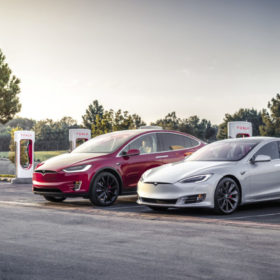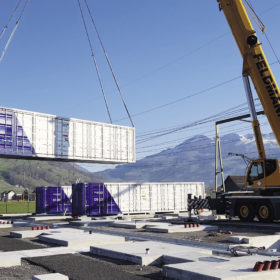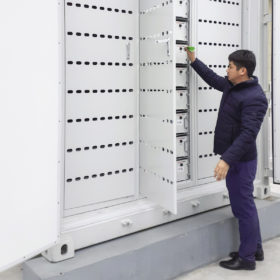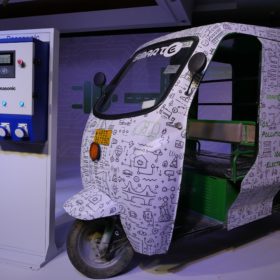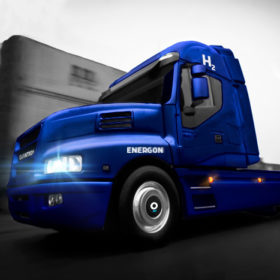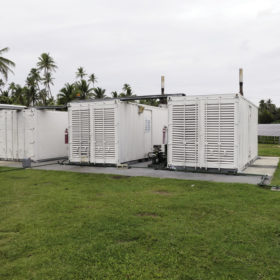Odisha invites EoI for Konark solarization
Manufacturers and integrators of solar-based drinking water kiosks, solar trees, solar street lighting systems, and e-rickshaw charging infrastructure can submit their interest by August 29.
Keltron to set up a supercapacitor manufacturing unit in Kannur
The state-owned electronics manufacturer has signed a memorandum of understanding for technology transfer with Vikram Sarabhai Space Centre of Indian Space Research Organisation.
Energy storage investment to approach $10bn in 2025
Analyst IHS Markit has predicted storage will rebound this year following its first year-on-year decline in 2019. The technology is being rolled out at pace despite Covid-19 with state-level policies set to keep the US the global capital for the next five years.
Sona Comstar, IIT Delhi launch incubation program for EV startups
The program aims at supporting the development of innovative electric vehicle (EV) solutions like extending range through battery capacity improvements, and battery management, fast charging infrastructure, and mobile charging solutions for emergencies. Two startups shall be supported each year with up to INR 80 lakh each to complete proof of concept and develop prototypes.
The long read: Independently evaluating battery quality
Companies investing in battery energy storage have historically relied on trust in the major brands supplying the batteries and complete systems. However, with the absence of international manufacturing quality standards, increasing price pressure on major brands, and the proliferation of low-cost manufacturers, buyers and investors are being forced to address quality risks with batteries. Ian Gregory and Benjamin Sternkopf of PI Berlin discuss the need for independent quality assessment in energy storage.
Government allows sale, registration of electric vehicles without pre-fitted batteries
Delinking the battery (which accounts for 30-40% of the total vehicle cost) will bring the upfront cost of the electric 2-wheelers (2W) and 3-wheelers (3W) to be lower than internal combustion engine counterparts. The battery could be provided separately by the original equipment manufacturer or the energy service provider.
TERI, FTI Consulting partner on hydrogen roadmap research
The Indian energy thinktank and the US-based consulting firm will research to demonstrate the viability of hydrogen as a sustainable solution for India’s energy needs.
Indian researchers develop low-cost, durable catalyst for hydrogen production
Researchers from India’s Centre for Nano and Soft Matter Sciences (CeNS) have developed a coordination polymer based catalyst for hydrogen production that exhibited exceptionally high durability for 70 hours at a high current density of −300 mA/ cm2.
The long read: Advanced lead batteries for microgrids
With demand for cleaner forms of energy and a greater need for flexibility and reliability in the power supply, the role of battery energy storage is critical. Innovation in battery technology is essential to match demand growth and the shift in technical requirements. Predictions of 400,000 MWh of battery storage required by 2025 means that all battery technologies will play a role in contributing to a clean energy future.
Government priority is to make Li-ion batteries in India: Transport minister
The government is acquiring lithium mines abroad to ensure raw material availability for electric vehicle battery production. Among other technology alternatives for EVs, it is looking at developing indigenous hydrogen fuel cells with hydrogen derived from biomass.

